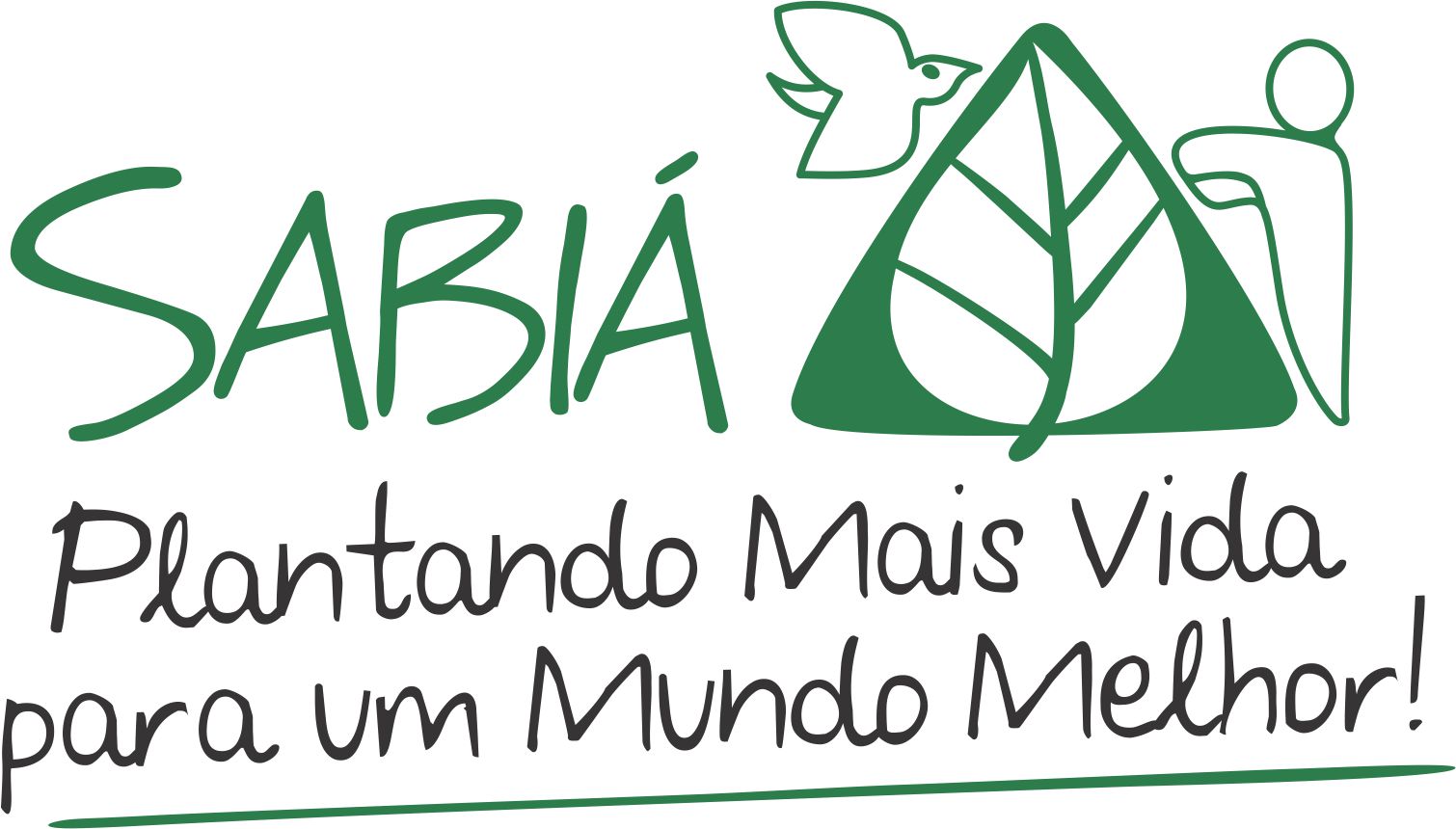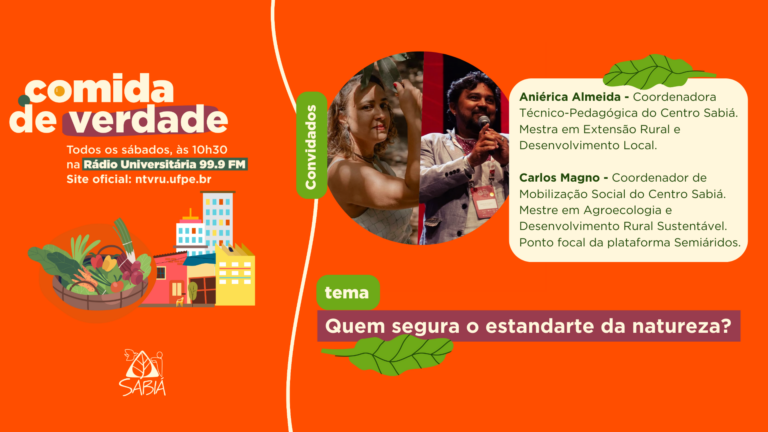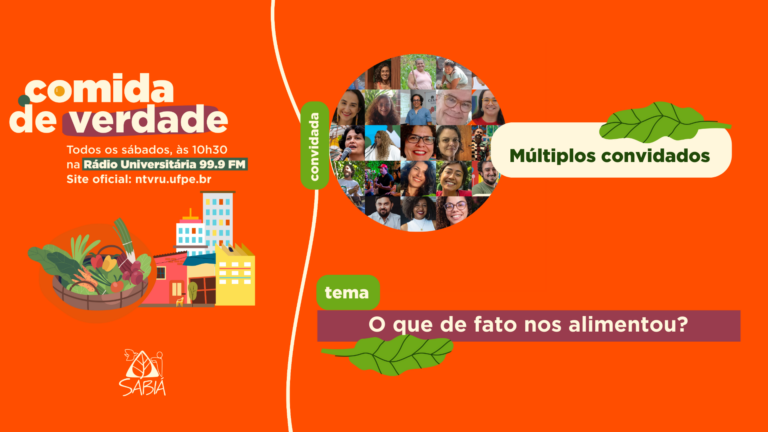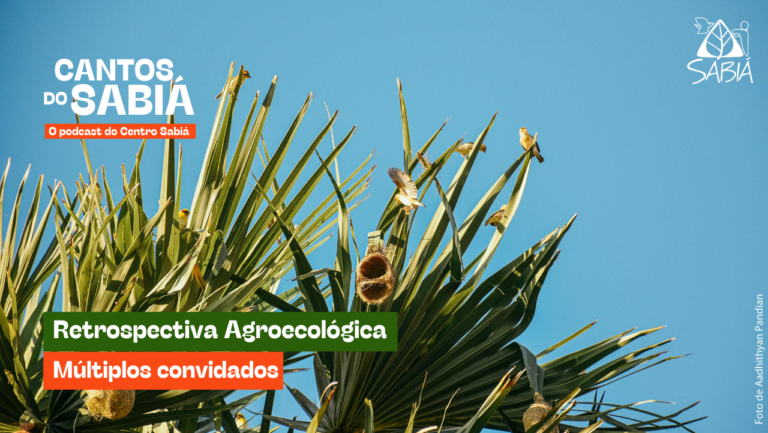ASA holds seminar to build unprecedented rural sanitation program for the semi-arid region
The event will bring together around 60 participants, including technicians and researchers, in Pau dos Ferros (RN)
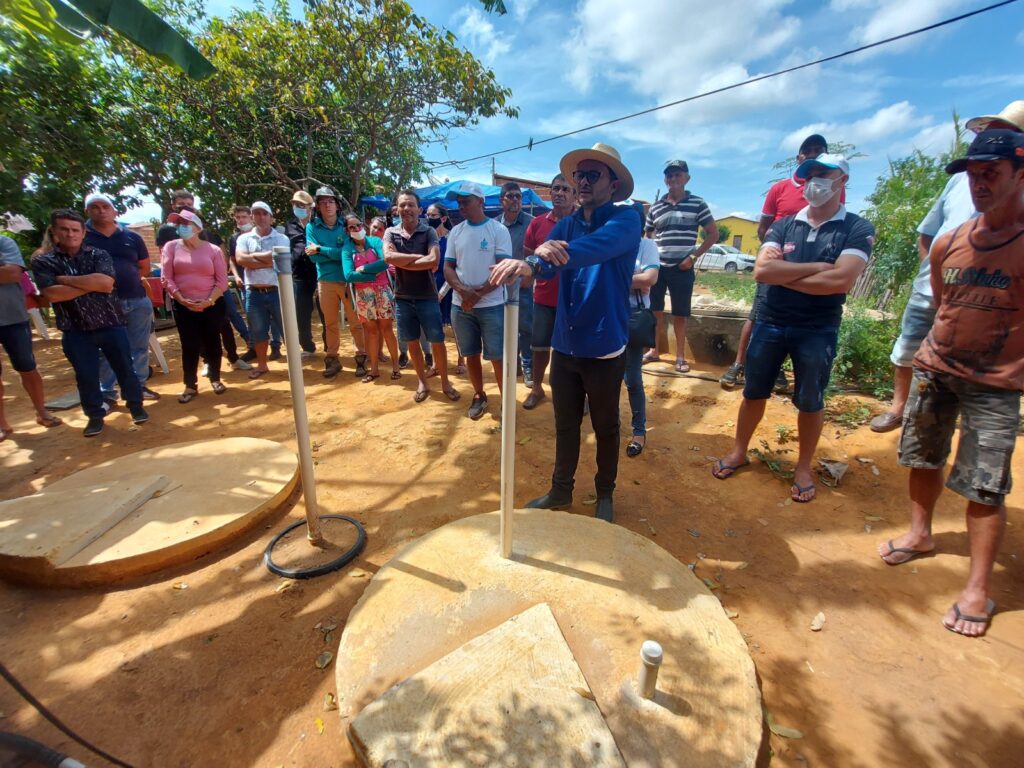
The Brazilian Semi-Arid Articulation (ASA) is holding the “Seminar on Rural Sanitation and Water Reuse in the Semi-Arid” on Thursday (11) and Friday (12), in the auditorium of the library of the State University of Rio Grande do Norte, in Pau dos Ferros (RN). The event will bring together around 60 representatives of social organizations from the Northeast and Minas Gerais, as well as researchers and guests from institutes and other study centers in the region and Rio de Janeiro.
The main objective of the seminar is to build a proposal for an unprecedented rural sanitation program for the semi-arid region, based on consensus on the health and environmental safety of water reuse systems. With a variety of techniques and models, these structures have the function of collecting so-called “gray water” from drains and sinks, as well as “fecal water” to be treated and used for irrigating crops.
Maria Cristina Aureliano, general coordinator of the Sabiá Center in Pernambuco and a member of the ASA Rural Sanitation Working Group, explains that there are a variety of systems such as bio-water, decantation-digester, evapotranspiration basin and UASB [Upflow Anaerobic Sludge Blanket], for example. These and other experiences have already been tested in recent years by organizations in the ASA network, with excellent results.
As common consequences, reuse systems favor the correct disposal of sewage, contributing to the preservation of the environment and the promotion of the health of farming families. In addition, purified water is an alternative for food production in a region marked by irregular rainfall and historically insufficient investment in water security infrastructure.
“This seminar will be a time to summarize three workshops that were held between December 2023 and March this year, where we immersed ourselves in depth with researchers from Insa, UFRPE and FioCruz, on the physical, chemical and biological parameters of water. From these consensuses that we built, the idea is that they can make up a proposal for a rural sanitation program for the semi-arid region,” says Maria Cristina.
PROGRAMMING
The Seminar on Rural Sanitation and Water Reuse in the Semi-Arid Region begins on Thursday (11) at 8 a.m. with a welcome for participants, followed by a presentation of a water reuse experiment. This will be followed by a round table discussion on the cycle of workshops held by the ASA, highlighting the importance, progress and challenges of a rural sanitation program.
After the theoretical debate, the participants traveled to the municipality of São Miguel (RN), also in the Upper West of Rio Grande do Norte, to learn about the experience of Francineide Gonçalves and Luiz Gonçalves Sobrinho. The couple of farmers are accompanied by Seapac and their property has slab cisterns, a biodigester, a grey water reuse system and a solar dryer.
On Friday (12), the seminar will resume with group work. Participants will be divided up to delve into the following themes: Selection of communities and families; Communication and teaching resources; Technologies; Social control and political advocacy; Agroecological production and recovery of degraded areas; and Management, monitoring and research.
It is hoped, therefore, that during this process, the foundations of the document will be established, which can be used to implement public policies for rural sanitation and water reuse in the semi-arid region.
“The expectation is that we’ll leave this seminar with the first summary of the program’s components that we’ve discussed and that we’ll be able to take a proposal for a quality rural sanitation program in the semi-arid region to be presented and validated at the 10th Enconasa meeting [Encontro Nacional da ASA]in August, in the city of Piranhas (AL),” said Maria Cristina.
Supporting the Seminar on Rural Sanitation and Water Reuse in the Semi-Arid are Word-Transforming Technologies (WTT), the Oswaldo Cruz Foundation (FioCruz), the Federal Rural University of Pernambuco (UFRPE), the National Semi-Arid Institute (Insa) and Seapac as the host organization.
SERVICE
Seminar on Rural Sanitation and Water Reuse in the Semi-arid Region
Date: April 11 and 12, 2024
Venue: State University of Rio Grande do Norte – Pau dos Ferros Campus (RN)
Nothing found.

